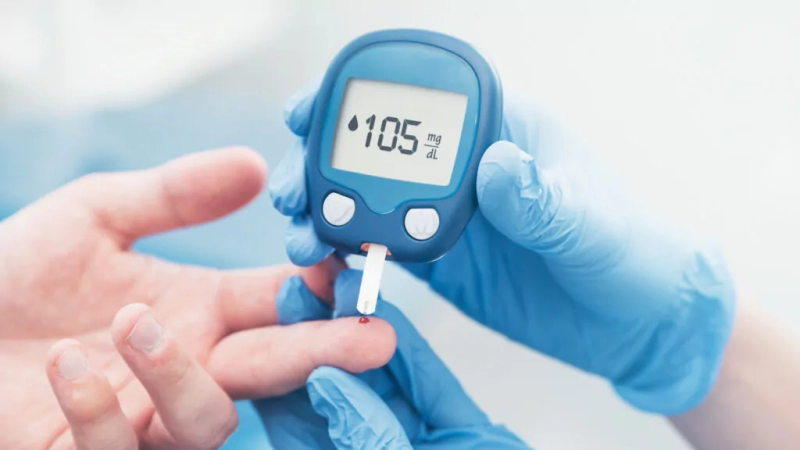The Indian medical drugs and device market is rapidly evolving with the norms for high quality drugs in India being issued by the Health Authorities. They are aiming at making a universal standard for regulations at par with the global markets. Other countries in the South East Asian region including Thailand, Indonesia, Philippines, and Singapore are also working towards following universal regulatory standards. A new research shows that the state licensed fixed dose drug combinations (FDC’s) are sold in India without the approval of the medical device and drugs regulatory approval body of India – CDSCO (Central Drugs Standard Control organization). This means the lives of patients could be at risk as the drugs may not be fully examined or tested. FDC’s are used for many effective treatments including HIV, Malaria, TB etc.
“India needs to ban the unapproved fixed dose drug combinations sales and manufacturing and also should ban the internationally banned or unapproved drugs” said Dr Patricia McGettigan leader of the study at Queen Mary University of London. The research is done in four main therapeutic areas, and only 60 of the 175 FDC formulations marketed in India has the CDSCO approval. READ ALSO: How to get a CDSCO approval? – Contact Us, Contact a Indian Authorized regulatory consultant for registration. Professor Allyson Pollock, co – author said “we urge the government of India to take steps on the new drugs bill as a priority”. The PLOS Medicine published the above study.
Other News
India Medical Device Pricing Strategy: Ensuring Growth & Affordability
India’s National Pharmaceutical Pricing Authority (NPPA) is developing a specialized India medical device pricing strategy for medical devices, transitioning away from the conventional drug-centric framework. This innovative strategy will incorporate international pricing tactics tailored to […]
Read MoreImports of High-Value Medical Equipment
High-Value Medical Equipment The Central Drugs Standard Control Organization (CDSCO) and the Central Board of Indirect Taxes & Customs have released a new circular, “F.No.401/40/2021-Cus.III,” detailing updated policies on the import of used high-end medical […]
Read MoreSEC Committee: Pioneering Medical Approvals
New important article released by Central Drugs Standard Control Organization (CDSCO) titled “SEC – Special Expert Committee, Medical Devices”. Key highlights include the streamlined processes for CDSCO application evaluations, preparation and significance of briefing materials, […]
Read MoreErlySign Oral Cancer Detection Technology Gets CDSCO Nod
ErlySign, a Nagpur-based biotech startup, has received approval from the Central Drugs Standard Control Organization (CDSCO) to conduct large-scale clinical trials for its novel oral cancer detection technology. The approval for ErlySign follows a rigorous […]
Read MoreAdditional Steps Announced by FDA to Modernize Clinical Trials
The U.S. Food and Drug Administration has made draft guidance available with updated recommendations for good clinical practices (GCPs), which are intended to modernize the clinical trial design and conduct while maintaining data integrity and […]
Read MoreAccreditation and Registration Numbers for Foreign Manufacturers Publication by PMDA
This article deals In accordance with the Pharmaceuticals and Medical Devices Act (PMD Act) of Japan, foreign businesses that wish to produce pharmaceuticals, quackery products, active pharmaceutical ingredients (APIs), or medical devices abroad and import […]
Read MoreBSI New Certification to Mitigate Antimicrobial Resistance Risk in Antibiotic Manufacturing
BSI, the business improvement and standards company, has developed a new certification to mitigate the risk of antimicrobial resistance (AMR) in antibiotic manufacturing. The certification, called the Minimized Risk of Antimicrobial Resistance (AMR) certification, will […]
Read MoreTUV SUD Inspects IVD Medical Devices’ Cyber Security
The growing digital connectivity of medical infrastructure is resulting in complicated systems with a plethora of diverse interfaces that are potentially vulnerable to assault. The IVD requires producers to provide proof of cyber security before […]
Read More


